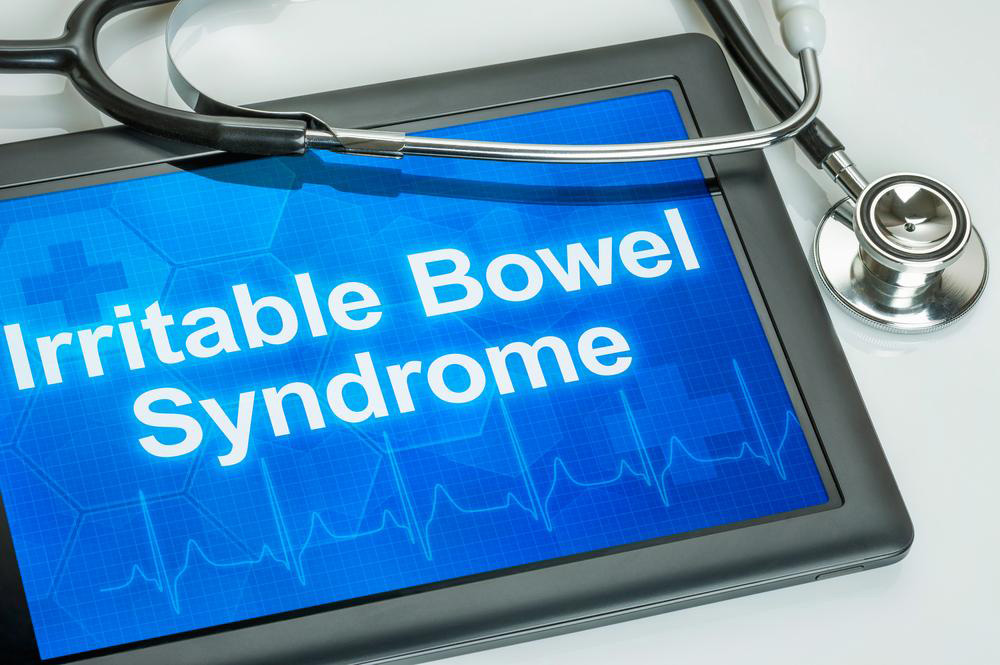Effective Strategies for Managing Irritable Bowel Syndrome
Learn effective strategies to manage irritable bowel syndrome through diet and lifestyle changes. Incorporate fiber wisely, avoid trigger foods, establish regular meal routines, and monitor dairy intake. Regular exercise and hydration are also vital in easing symptoms and preventing complications. Seek medical help for severe cases to ensure proper treatment and improved quality of life.
Sponsored

Irritable bowel syndrome (IBS) is a prevalent gastrointestinal disorder that disrupts normal large intestine function. It often causes symptoms such as lower abdominal cramps, bloating, gas, constipation, or diarrhea, which can interfere with daily activities. While IBS is a long-term condition, it doesn't increase the risk of colorectal cancer unlike other diseases like Crohn’s or ulcerative colitis. Proper dietary adjustments and lifestyle changes can significantly alleviate symptoms and improve quality of life.
Understanding how IBS affects your daily routine is vital before exploring management options. If left untreated, symptoms like diarrhea and constipation may worsen, leading to hemorrhoids and dehydration. Ignoring dietary recommendations can cause malnutrition and depression, impacting overall well-being. Recognizing these issues helps in adopting effective strategies to control the condition, minimizing discomfort and preventing complications.
Dietary Modifications for IBS Relief
Implementing specific dietary habits and lasting lifestyle habits can ease IBS symptoms considerably. Although change takes time, patience leads to noticeable improvements, making IBS less intrusive in your life.
Prioritize Fiber Intake:
Incorporate high-fiber foods such as whole grains, fruits, vegetables, and legumes into your daily diet. Gradually increasing fiber prevents excessive gas and cramps. Fiber supplements like Metamucil can also help, provided you stay well-hydrated to avoid bloating.
Avoid Trigger Foods:
Steer clear of alcohol, caffeine, chocolates, and dairy products, which may exacerbate symptoms. Limiting sugar substitutes like sorbitol and mannitol is also advisable. If flatulence is problematic, avoid beans, cauliflower, broccoli, and cabbage. Drinking through a straw should be avoided to reduce air swallowing and gas build-up.
Maintain Consistent Meal Schedules:
Eating at regular intervals supports bowel regulation. Smaller, frequent meals may ease diarrhea, while larger, fiber-rich meals can alleviate constipation. Skipping meals can worsen IBS symptoms, so consistency is key.
Monitor Dairy Consumption:
Some IBS sufferers benefit from reducing or eliminating dairy, while others can tolerate small amounts. Ensure alternative sources of calcium, protein, and vitamin B if dairy is limited.
In addition to dietary changes, regular exercise and adequate hydration are essential. Most IBS symptoms are manageable through lifestyle and dietary adjustments, but severe cases require medical consultation and professional treatment to prevent complications and improve quality of life.






